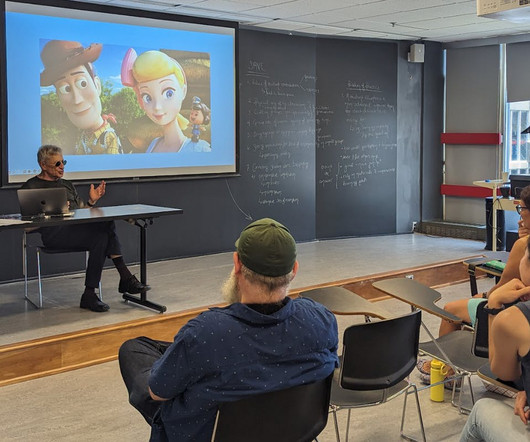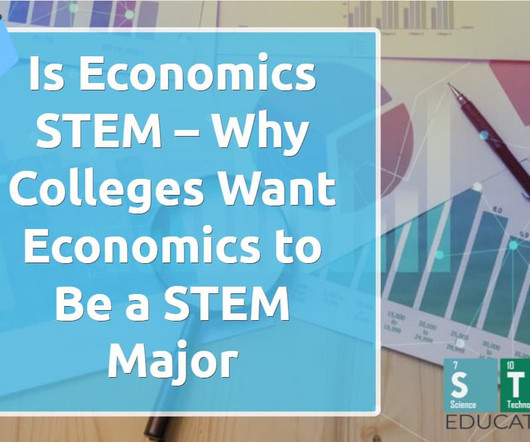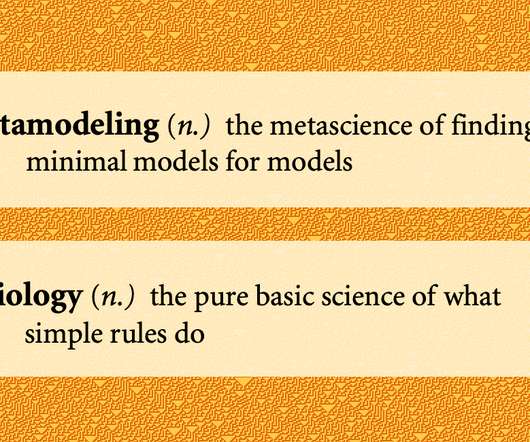The Math Revolution You Haven’t Heard About
ED Surge
SEPTEMBER 5, 2023
Math professor Martin Weissman is rethinking how his university teaches calculus. Over the summer, the professor from the University of California at Santa Cruz, spent a week at Harvard to learn how to redesign the mathematics for life sciences courses his institution offers. CAMBRIDGE, Mass. The solution?














Let's personalize your content